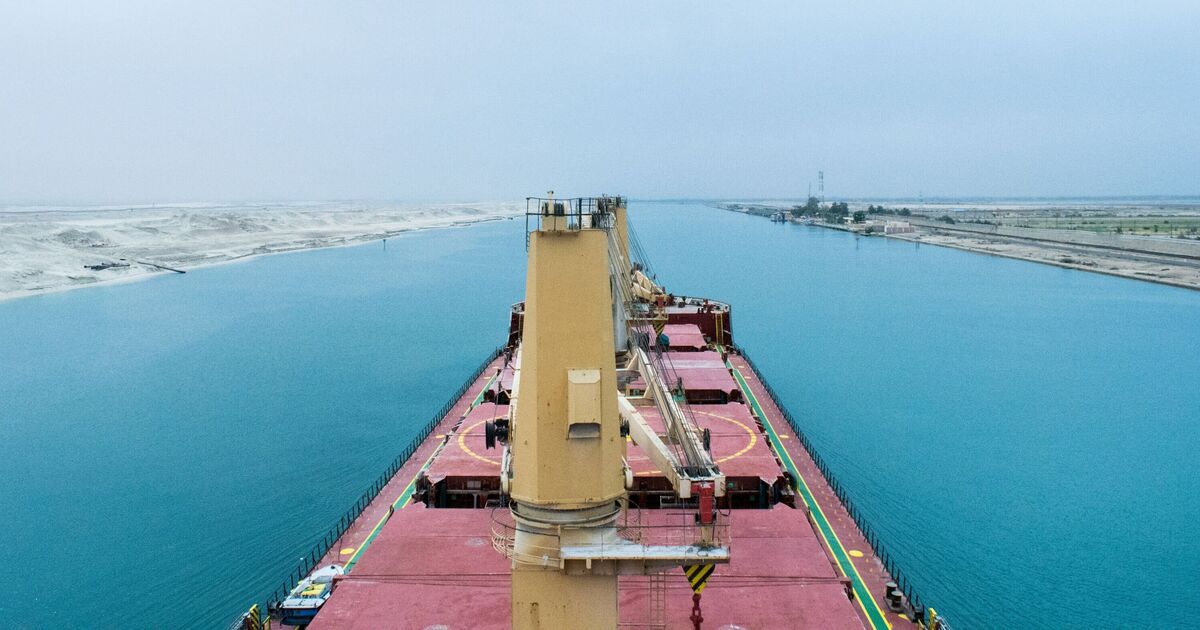Thailand has developed plans for a £21 billion canal linking its east and west coasts in a project that could have huge implications for global shipping.
The plans, which would cut shipping times through the strait of Malacca by 1,200km would slash the length of journeys for ships and save oil tankers around $350,000 (£266,000) through bypassing the strait.
Currently, ships must pass around southern Malaysia when travelling between the Gulf of Thailand and the Andaman Sea, but under these plans they would be able to cut through Thailand and save hours of journey time.
The proposals are not new, with the idea for the project first originating in the 17th century as sailors looked for a more efficient route. Inadequate technology and financial constraints have meant that the plans have never got off the ground but there have been growing calls for fresh development since the Covid pandemic.
The increase in global shipping has caused significant congestion in the Strait of Malacca which poses an increased risk of a maritime accident as well as exposes ships to the threat of piracy as they slow or even come to a stop.
The congestion has added an incentive to develop plans to make passage through the area more effective. But the project is not without its issues, however.
Firstly, the cost is high and whilst it would turn Thailand into a logistical powerhouse able to charge big money for use, it still requires significant outlay to build.
Secondly, the excavation of 1,200km of land, 400 metres wide and 25 metres deep, would have extreme ecological implications as millions of cubic metres of earth would be removed.
Thirdly, it is estimated that 60,000 people would be displaced, in many cases with whole communities uprooted and dispersed.
An alternative plan would see a land bridge built instead of a canal.
The land bridge plan would see two deep water ports constructed on the east and west coasts of Thailand.
Ships would dock on one coast, have their cargo removed and placed onto freight trains which would move the cargo across the country to the opposite port before loading them onto a ship for their onward journey.
The 90km land bridge alternative would include handling fees and waiting time whilst the cargo was unloaded, moved and reloaded and as such, there is less guarantee that it would be an alluring option to the Strait of Malacca.
But it appears that this option is the one most likely to get off the ground, with plans approved for construction to start in 2026.
It is anticipated that construction would take 13 years at a cost similar to the canal of around £21 billion.











